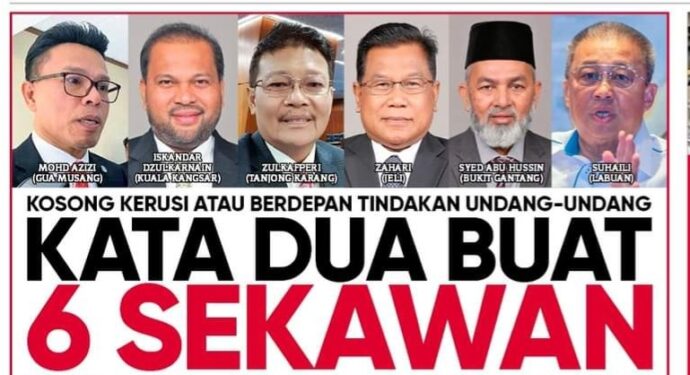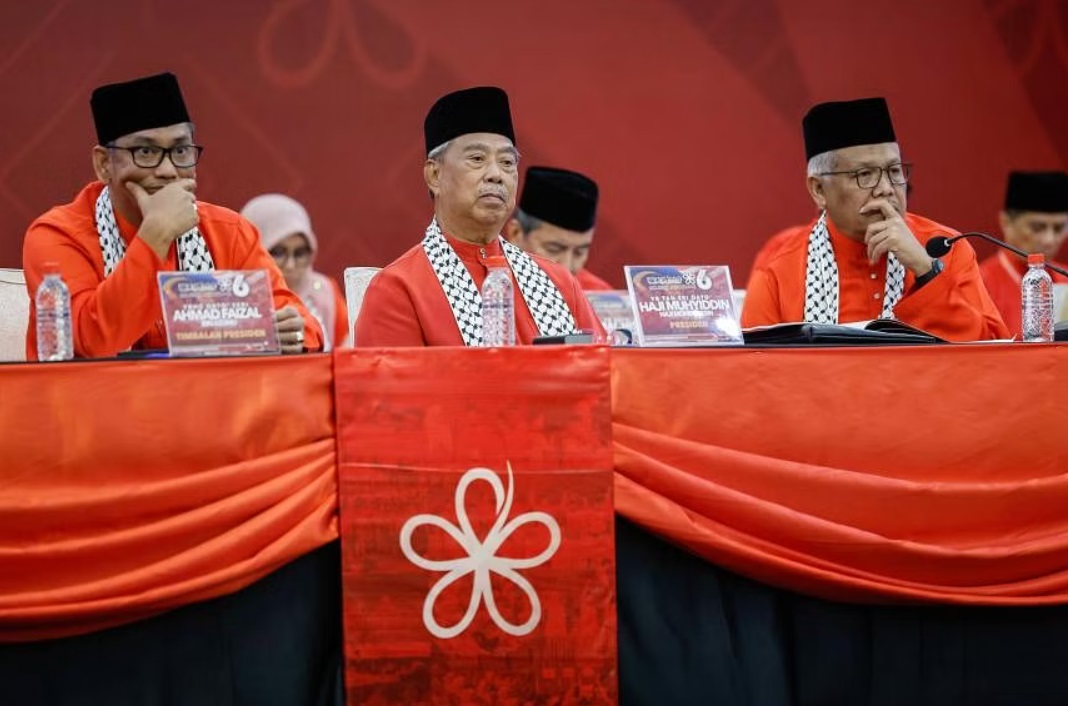IN A shocking turn of events, a group of opposition MPs have chosen to betray their respective parties by throwing their support behind the incumbent Prime Minister Datuk Seri Anwar Ibrahim (PMX).
This move, which raises concerns about the state of politics in Malaysia, brings into question the motivations behind such a decision with speculations arising that money politics may be at play.
Now, analysts are assessing the repercussions of this betrayal and its potential impact on stability and democratic values in the country.
The decision of opposition MPs to support Prime Minister Datuk Seri Anwar Ibrahim has ignited a heated debate among politicians, analysts and citizens alike.
The move has many questioning the moral integrity and loyalty of these MPs towards their original parties and the principles that they claimed to uphold.
While it is common for politicians to switch allegiances based on ideological shifts or policy disagreements, the sudden shift in support towards PMX has raised suspicions of money politics.
This cannot be overlooked as allegations and cases of corruption have plagued the Malaysian political landscape for decades. A deeper investigation is warranted to determine whether financial incentives played a central role in this betrayal.

Undoubtedly, the allocation of funds by the PM to MPs can be a tempting factor. The distribution of resources such as development funds and projects is a power vested in the executive branch and can be influential in maintaining political stability.
However, when these allocations are perceived as rewards or bribes to secure allegiance, it undermines the very essence of democracy and the public’s trust in their elected representatives.
The way forward from this troubling situation requires a multi-faceted approach. Firstly, a thorough investigation into the allegations of money politics surrounding this episode must be conducted.
The Malaysian Anti-Corruption Commission (MACC) should be given the resources and authority to conduct an independent and transparent investigation. If any wrongdoing is found, those involved must be held accountable to ensure justice is served.
Secondly, political parties in Malaysia need to introspect and reevaluate their internal mechanisms to deter such betrayals. Building a strong and principled party structure – coupled with robust disciplinary measures – can help maintain party loyalty and prevent opportunistic defections.
Furthermore, a comprehensive electoral reform process is required. Stricter regulations regarding political financing along with heightened transparency and oversight mechanisms are crucial in preventing money politics from permeating the entire political system.
Lastly, this episode should serve as an impetus for Malaysians to demand a higher degree of accountability and transparency from their elected representatives. Public awareness and continued pressure can help deter further instances of political betrayal and foster a culture of integrity.
Ultimately, the impact of this betrayal on political stability and democratic values in Malaysia remains uncertain. However, if left unchecked, such incidents could erode public trust in the democratic process and weaken the foundations of the nation’s governance.
As the nation grapples with this political turmoil, it is crucial for every stakeholder – political leaders, civil society, and citizens – to work together to ensure that the democratic ideals upon which Malaysia was built are protected and that transparency, accountability and integrity are rigorously upheld.
Only then can the country move towards a stronger, more stable democracy. – Feb 3, 2024
Dr Ahmad Zaharuddin Sani Sabri is a former director at the Institute of Tun Dr Mahathir Thoughts.
The views expressed are solely of the author and do not necessarily reflect those of Focus Malaysia.









